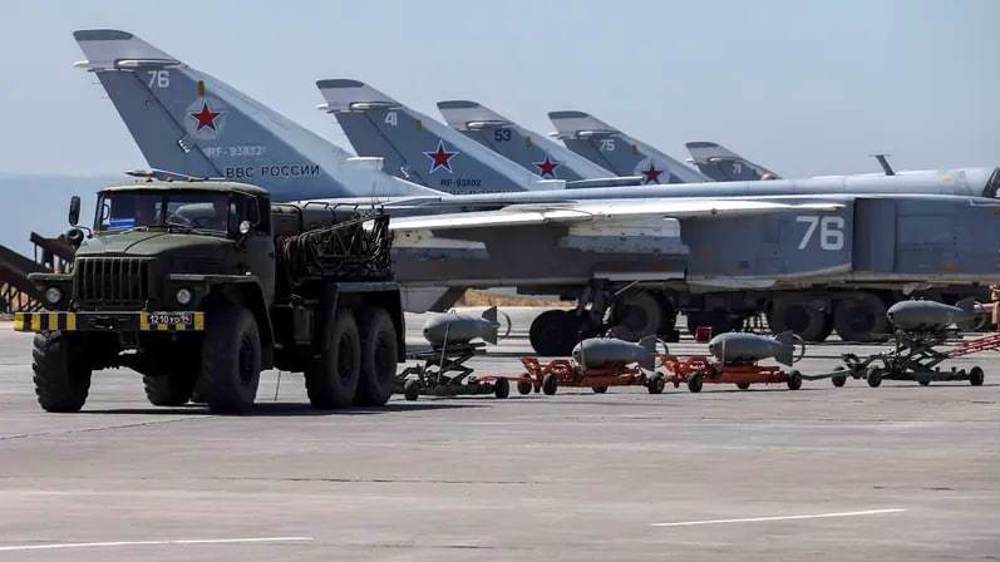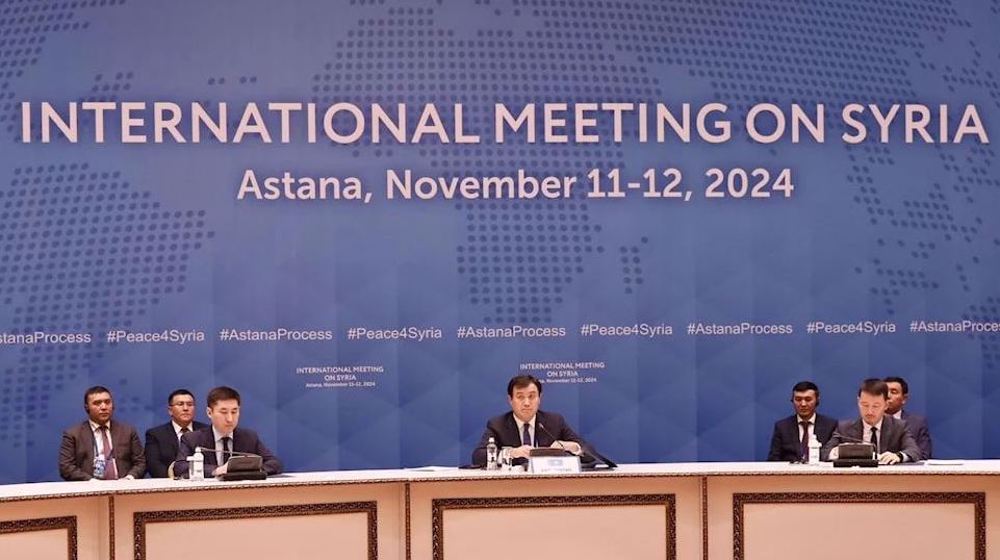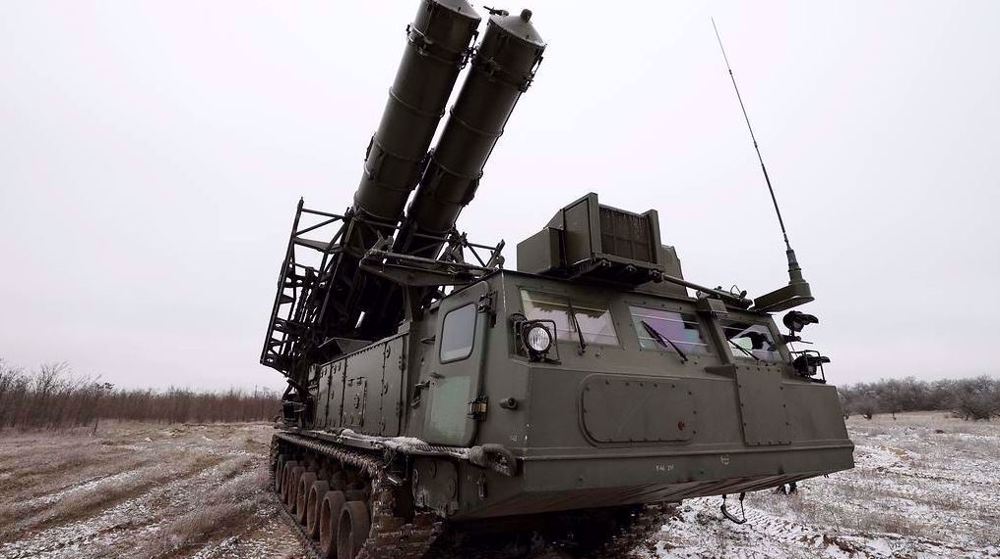Russia announces large-scale international military exercises
Russian armed forces are to take part in large-scale multinational military drills scheduled for this summer, says Russian Defense Minister Sergei Shoigu.
"There will be nine exercises within the framework of international military cooperation, including anti-terrorist Peace Mission, Russian-Belarusian Unbreakable Brotherhood, and Russian-Mongolian Selenga-2016,” said Shoigu (seen below) during a teleconference on Wednesday.

He noted that the Russian troops’ summer training period kicked off on Wednesday and will last until the end of October, while a strategic command-staff exercise dubbed Kavkaz-2016 will be held in September.
"The training period will be intensive…The focus will be on the training of tactical forces within combined groups and on personnel’s individual performance parameters, such as flight and airdrop records,” he added.
The Russian minister also said that over 2,000 exercises, drills and practices are planned to be held during the period during which "surprise checks will continue to be held.”
“The experience of operation of aircraft systems and anti-aircraft missile systems gained during combat in Syria will be widely used in the training process,” he noted.

On September 30, 2015, Russia launched an air campaign against Daesh and other terrorist groups upon a request by the Damascus government. Later in mid-March, the bulk of Russian military forces were withdrawn from Syria, which has been gripped by foreign-backed militancy since March 2011.
The announcement of the drills comes at a time of heightened tensions with NATO and US over a crisis in Ukraine, where the government and its Western allies keep accusing Moscow of having a hand in the militancy in the east. The Kremlin strongly rejects the claims. Russia has also criticized NATO’s expansion policy to include countries in the Western Balkan region, saying the move directly harms Russia’s strategic interests in there.

On Monday, NATO Secretary General Jens Stoltenberg (seen above) announced plans to station a rotating force near the border with Russia.
“NATO has decided to increase our forward presence in the eastern part of the alliance and we have decided that this enhanced forward presence is going to be a multinational presence and it's going to be a rotational presence,” he said.
VIDEO | Press TV's news headlines
VIDEO | Israel's push for West Bank annexation
VIDEO | Jordanian Journalists Syndicate denounces Israeli crimes against media workers
VIDEO | Grossi visits Tehran hoping to facilitate dialogue
VIDEO | Iran commemorates 13th anniversary of missile program pioneer
Israel’s aggression inflicts $8.5 billion in economic losses on Lebanon: World Bank
Hezbollah attacks Israeli military bases in Tel Aviv, Haifa
Hezbollah strikes multiple Israeli targets in fresh retaliatory operations














 This makes it easy to access the Press TV website
This makes it easy to access the Press TV website